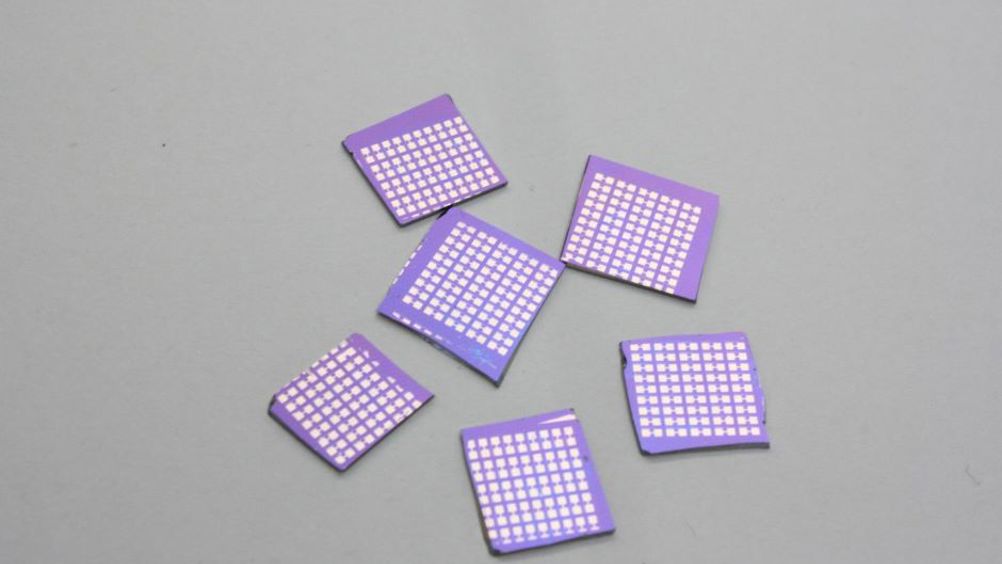Medical imaging boost from full-spectrum photodetector
Cancer could be detected sooner following the development of the world's first photodetector that can see all shades of light.

This is the claim of researchers at RMIT University in Melbourne, Australia, whose broadband photodetector is claimed to be at least 1,000 times thinner than the smallest commercially available photodetector device.
Graphene gives photodetector fuller spectrum of light sensing
Photodetectors convert information carried by light into an electrical signal and are used in technologies including gaming consoles, fibre optic communications, medical imaging and motion detectors.
According to RMIT, photodetectors are currently unable to sense more than one colour in the one device and have remained bigger and slower than other technologies that they integrate with.
The RMIT prototype device detects all types of light between deep ultraviolet to near infrared wavelengths, opening new opportunities to integrate electrical and optical components on the same chip.
The breakthrough technology opens the door for improved biomedical imaging, advancing early detection of health issues like cancer.
Study lead author, PhD researcher Vaishnavi Krishnamurthi, said in photodetection technologies, making a material thinner usually came at the expense of performance.
Register now to continue reading
Thanks for visiting The Engineer. You’ve now reached your monthly limit of news stories. Register for free to unlock unlimited access to all of our news coverage, as well as premium content including opinion, in-depth features and special reports.
Benefits of registering
-
In-depth insights and coverage of key emerging trends
-
Unrestricted access to special reports throughout the year
-
Daily technology news delivered straight to your inbox










Water Sector Talent Exodus Could Cripple The Sector
Well let´s do a little experiment. My last (10.4.25) half-yearly water/waste water bill from Severn Trent was £98.29. How much does not-for-profit Dŵr...